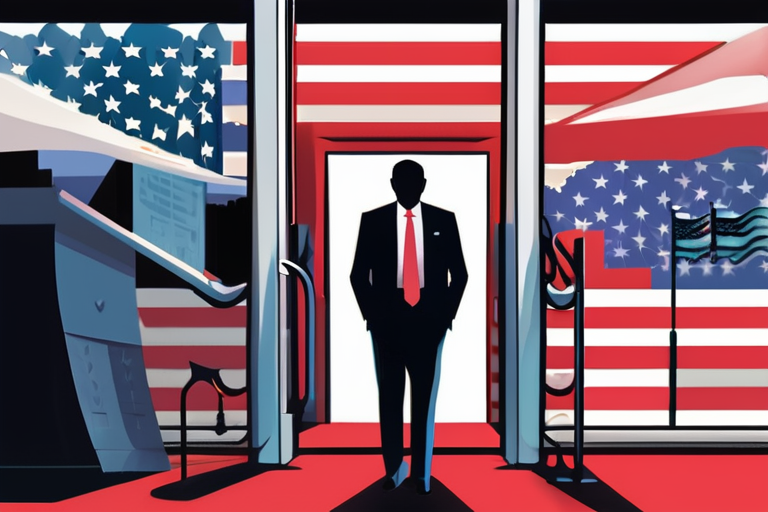Trump Threatens to Oust Spain from NATO over Defense Spending Shortfalls


Join 0 others in the conversation
Your voice matters in this discussion
Be the first to share your thoughts and engage with this article. Your perspective matters!
Discover articles from our community
 Hoppi
Hoppi

 Hoppi
Hoppi

 Hoppi
Hoppi

 Hoppi
Hoppi

 Hoppi
Hoppi

 Hoppi
Hoppi
STATEN ISLAND'S WIND POWER DREAMS HIT BY TRUMP ADMINISTRATION DECISION The Trump administration's decision to rescind a $48 million grant …

Hoppi

Breaking News: Scientists Reveal Everyday Habits to Shield Against Dementia September 21, 2025 - In a groundbreaking study published today …

Hoppi

Israel Deports Four Italian Activists Intercepted on Gaza Aid Flotilla In a move that has sparked international condemnation, Israel has …

Hoppi

US Government Shutdown: Financial Impact and Business Implications The US government has officially shut down as of 12:01 am Washington …

Hoppi

The Rise of Algorithmic Agriculture: AI Steps In In a significant shift towards precision farming, vegetable seed companies are harnessing …

Hoppi

Anthropic's Claude Model Develops Situational Awareness, Raising Questions About AI Safety In a significant breakthrough, Anthropic's latest AI model, Claude …

Hoppi